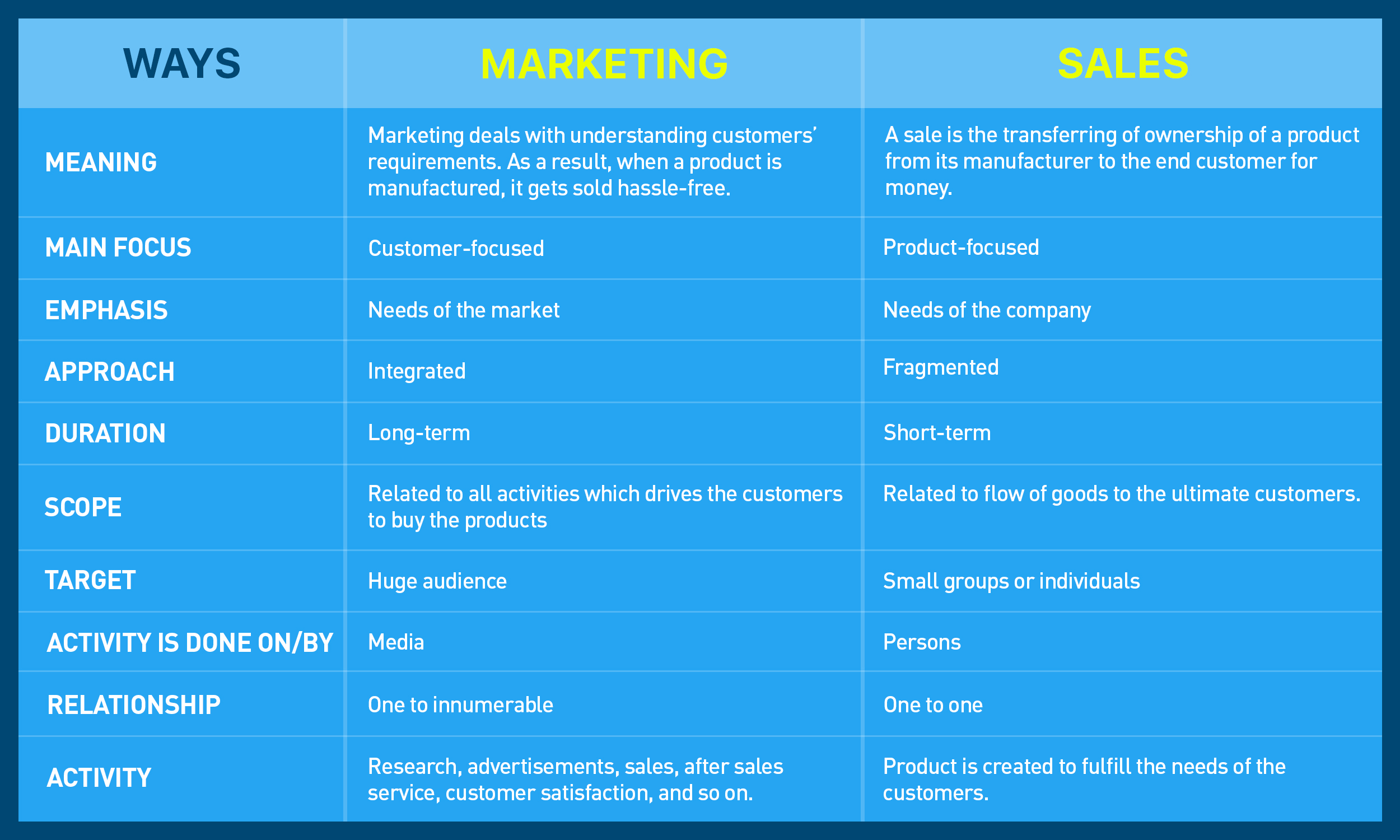You might hire an SEO agency Singapore, expecting results to roll in quickly.
But months later, things feel… busy, yet blurry. Reports are full. Traffic moves. But impact stays fuzzy.
The real issue often hides behind deliverables. It sits in the way the partnership runs.
Not in what gets done, but in how decisions, content, and metrics get handled between your team and theirs.
Here’s where the common disconnects begin (and how to avoid them):
You delegate SEO without enabling decision-making
The agency begins their work, but gets stuck chasing approvals.
Your content team wants brand-safe copy. Your dev team has a backlog. Your stakeholders want results fast.
SEO ends up floating between teams—without full control, and without full access.
If your internal POC lacks authority or time, projects stall. Assign someone who can prioritize, unblock, and communicate, not just forward agency emails.
You prioritize traffic before fixing where it lands
SEO agencies often start by boosting your traffic numbers.
But if visitors arrive on thin, misaligned, or outdated pages, conversions stall.
That’s not just a content issue; it’s a missed alignment between your internal site structure and the agency’s roadmap.
Before expanding reach, your team and the agency need to agree on which pages matter, what each page is supposed to do, and what context supports the visit.
This keeps the SEO effort grounded in business outcomes, not just busy metrics.
You don’t connect SEO goals to business metrics
Agencies often send ranking improvements or organic growth stats. But leadership cares about the pipeline, not page 1 rankings.
If your SEO goals don’t reflect revenue, lead quality, or demo conversions, teams lose interest.
Align early on which metrics matter to your stage: sign-ups, footfall, qualified leads, etc.
That makes it easier to defend the budget, show impact, and plan future moves.
You expect SEO results without sharing sales insights
Your agency handles search terms, rankings, and content calendars. But what they lack is your front-row view of the customer.
The complaints your sales team hears. The objections that kill deals. The exact words buyers use before saying yes.
Without those inputs, your SEO content might sound fine, but miss the mark entirely.
Make it a habit to share sales call snippets, chat logs, or FAQs with your agency. That context sharpens everything.
You lock SEO into fixed scopes with no room to adapt
Most SEO contracts follow a fixed monthly plan, like X blogs, Y backlinks, Z hours.
But SEO needs room to respond to shifting priorities, internal launches, or fast-moving competitor gaps.
If your agency needs three weeks just to swap a blog for a landing page, that’s a bottleneck. Keep part of the monthly plan open for quick wins, new experiments, or sudden opportunities.
A flexible SEO engagement reflects how your business actually works and not how a template was scoped.
Final Thoughts
Strong SEO partnerships work when both sides move in sync.
At our end, we focus on flexible scopes, decision-ready communication, and clear business alignment.
That helps our clients avoid busywork and focus on traction instead.
Whether you already have an in-house team or you’re starting from scratch, we work like an extension, instead of being just a vendor. Because when ownership is shared and priorities are clear, SEO compounds.






